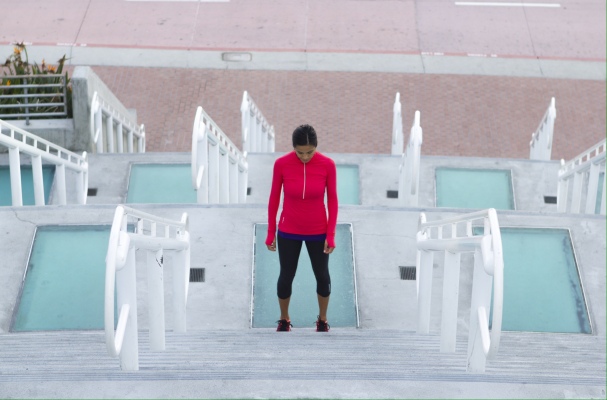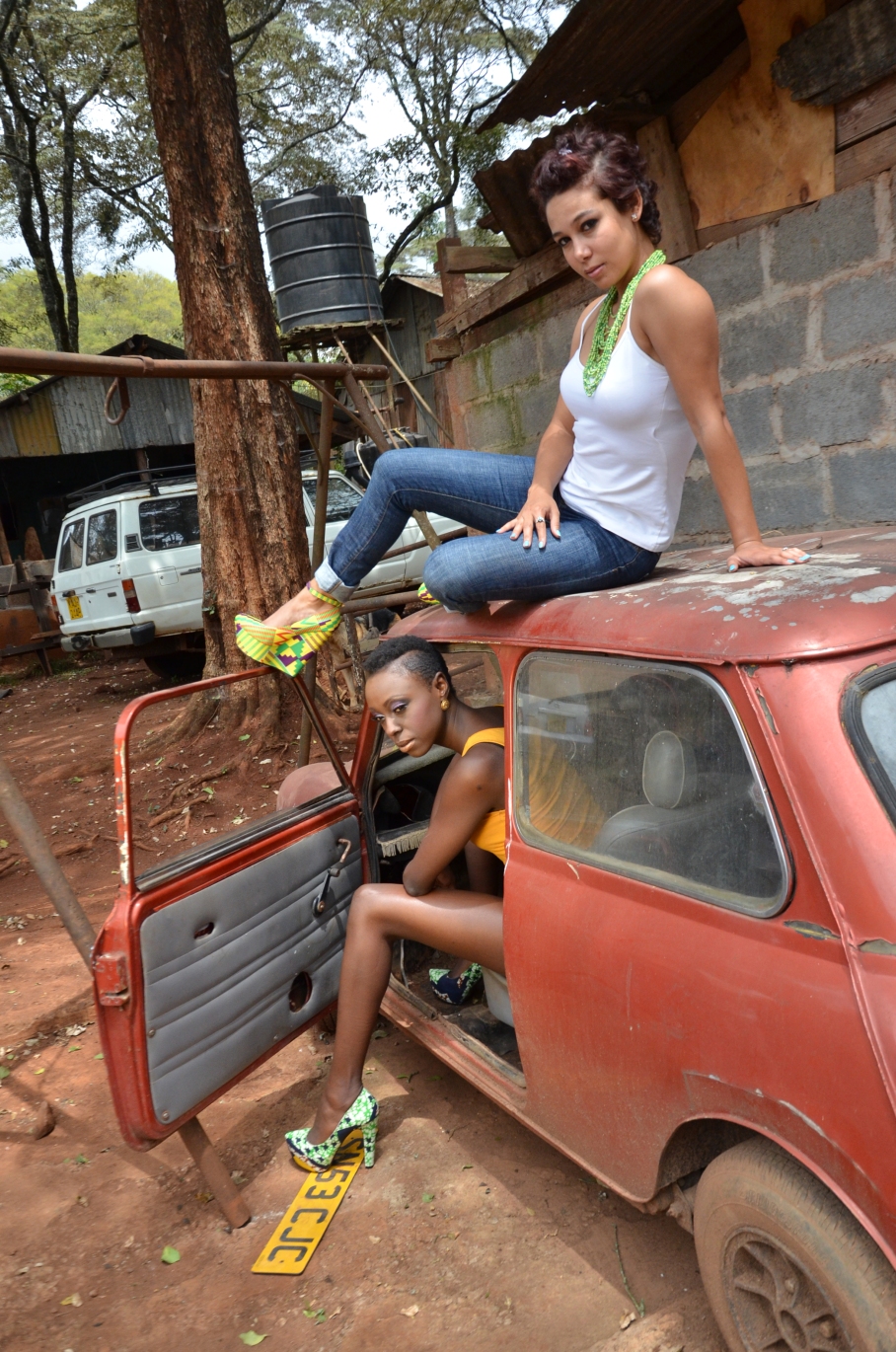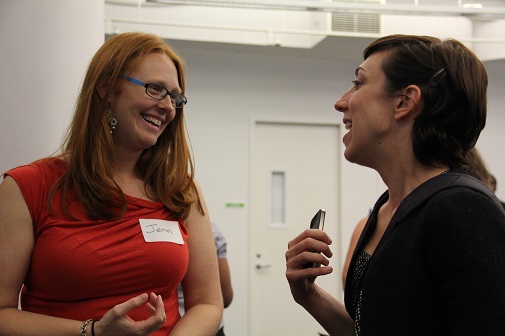Julie Rice and Elizabeth Cutler, courtesy Inc.com
By Deborah Jackson
Thank you SoulCycle.
If you haven’t tried the popular sweat-inducing aerobic exercise for 45 minutes that has caught on like wildfire in urban areas, you must be out of the country. I first discovered SoulCycle in 2011 when I was looking for an alternative to a boot camp I did with my friend, who also gave birth to two daughters at the same time over 20 years ago. We felt it was time to do something about the weight gain that naturally occurs in our age bracket. After a year of boot camp, I needed an alternative way to get exercise. I tried SoulCycle as part of a special Gilt offer that included a pair of my very own bike shoes. SoulCycle was desperate to get new customers; my 3-class package with shoes was $30.
The studio on West 18th was new, empty and candlelit. I loved the class–I was physically challenged but also emotionally and spiritually recharged. I became a devotee and at every holiday my go-to gift was more classes at SoulCycle.
SoulCycle in 2015 is similar and different. I was there today and as I was racing to catch up, I looked around and noticed what I notice at every visit: the room was dominated by women. There are always a few men who come with their partner or their girlfriend. But, the place is by women for women.
This company just filed their S1 to go public. I pondered that as I was trying to distract myself from the increasing resistance on the petal.
This is huge. This company was founded by two women who were looking to create a cycling space and approach that worked for them. The gym space and exercise options are so prolific that it is hard to image another one. Yet somehow Soul Cycle is thriving, has a cult-like following and grows through word of mouth. A founder’s dream.
The existing options at gyms and stand alones were not doing it for Elizabeth Cutler and Julie Rice, SoulCycle’s founders. These women built the first space with the features they wanted–an accepting environment that also pushes you to work hard. The ambience at SC is about plugging into something more than just physical prowess. Instructors ask you to close your eyes and visualize your dream, or think about how your soul is showing up for your body.
Brilliant, Elizabeth Cutler and Julie Rice. You knew what you wanted, and you knew that other women wanted it too.
This is what the next decade will be. This is the decade of the women entrepreneur. Women are starting to build the companies and products that they want. The competition is irrelevant–women are building things that will go viral.
Women have founded rockstar companies in the consumer product space–think Spanx; Ringly; Goldieblox. For software, we have Learnvest; for health care there is Maven. The biggest thing that has enabled women entrepreneurs is technology and the internet. You can find customers and get publicity without massive amounts of money.
The world is changing and women are taking the lead. They are building the products that they want. This is game changing because women know the customer as they are the consumer. Women are not a niche market. They control spending for food products for the the family, clothing and medical care. I predict the rise of the woman entrepreneur in this decade because she is building the products that women want.
Just like SoulCycle, women build products that connect you with more–either your soul or your values. These products also treat you like you matter. Because you do.























